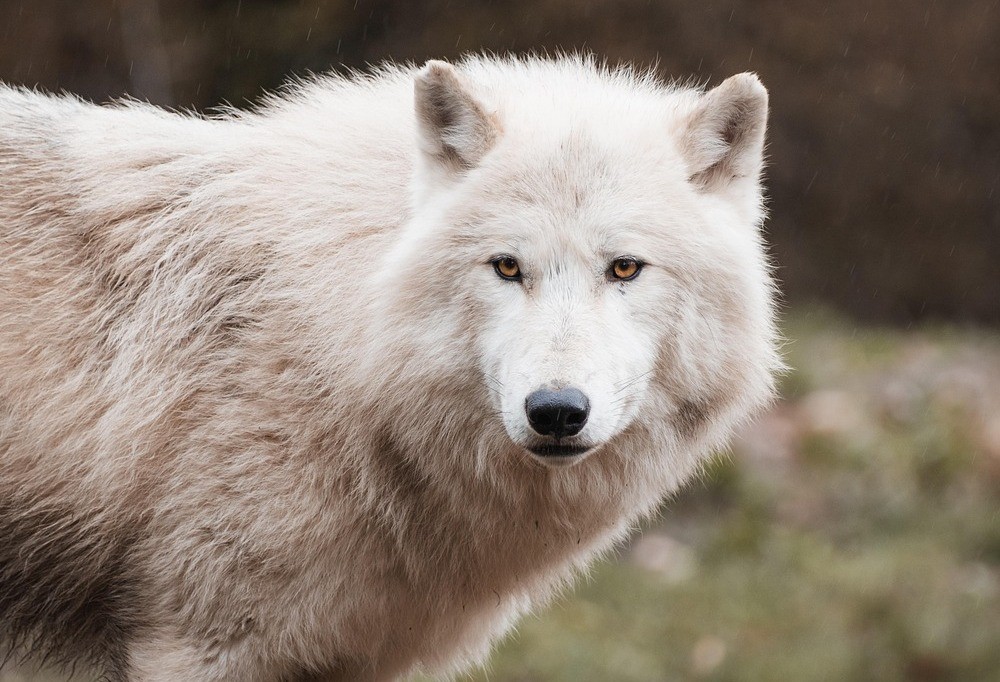On June 5, 2025, the European Council was called to vote on the proposal to reduce the level of protection of the wolf
The measure aroused strong reactions from environmental associations and civil society, which consider it a step back to the protection of biodiversity. While some countries of the Union declare themselves against change, several organizations await the outcome of an appeal to the EU Court of Justice.
“The decline of the wolf is approaching, against science, treatise and European law, but politicians pass and the facts remain”declare Earth Odv, Green Impact, Lndc Animal Protection, Nagy Tavak and One Voice, with the support of other seventeen European associations.
An electoral maneuver in the heart of Europe
The proposal was made by the President of the European Commission Ursula von der Leyen In a crucial moment of the campaign for his second term. According to the associations, the goal would be to earn the consent of a part of the agricultural world, supported by Copa-Cogeca and the main European hunting lobbies.
According to the same organizations, “The attempt to downgrade the wolf was successful only thanks to the passivity of the EU Member States, the inexplicable renunciation of the European Parliament to exercise its prerogatives, and the opacity of the decision-making dynamics within the Bern Convention, where the EU-27 holds a majority position, but an independent scientific evaluation process of the proposals made by the contracting parties is absent”.

The commissioner to the environment is absent, the president of the Commission is the protagonist
The role of the European commissioner to the environment was marginal in the management of the matter, leaving room for a direct conduction by the President of the Commission. An unusual dynamic, according to associations.
A choice that is defined “A serious drift, which opens the way to a obscurantist return to the man-natural conflict, in stark contrast to all the biodiversity objectives of the European Union”.
The scientific basis of the provision is judged inadequate
The Commission’s proposal is based on a report commissioned to a consultancy company, which has not exceeded the equal review and was not produced in the academic field. This document was contested by the scientific community, which has repeatedly expressed its dissent.
“The response from Brussels was surprising: we ignore science, even if European law does not allow it and we go on our way”.

The wolf does not represent an economic threat
The numbers do not support the idea of the wolf as a danger to agriculture: its predations represent just 0.07% of the losses between sheep and goats in Europe. Despite this, the political debate continues to emphasize its presence as a problem.
The wolf remains vulnerable and in danger of extinction In many areas of the continent. Furthermore, through the PAC funds, theEuropean Union It already finances both the prevention measures and compensation to breeders.
However, associations observe that “Not even the fact that European taxpayers finance, through the PAC funds, both the prevention measures and the compensations for the predations suffered by farmers, has served to curb this dangerous political drift”.
The return of the Middle Ages in a political key
“Popular fairy tales are preferred to scientific evidence, the leaders of Brussels want us to return to the Middle Ages”affirm the signatory organizations. According to them, the risk is that we return to an ideological and superstitious logic in the relationship between man and nature, abandoning scientific and pragmatic approaches.
Some countries defend the protection of the wolf
Countries such as Poland, Portugal, Czech Republic and Belgium have already announced their intention of not receiving the downgrading, maintaining the rigorous protection of the wolf in their territories. Malta and Hungary could also soon join this position.
An appeal to the Court of Justice to stop the decision
Five associations, with the support of other seventeen, have already filed for the Court of Justice of the European Union to obtain the cancellation of the decision. Despite the start of the procedure, the European institutions accelerated the negotiating path to quickly reach a result.
Organizations hope that this choice “It turns into an electoral boomerang”.

The request: a European reform on nature
The associations ask for a total rethinking of EU environmental policies. “A serious and structural reform of the European legislation on nature: a reform that exceeds the current instrumental logic of lists and attachments, now used for purely political purposes, and that adopts an ecosystem and climatic approach, no longer centered on individual species or habitats”.
As for Italy, the organizations propose “That the management of biodiversity is entrusted to the forestry carabinieri, with the support of a network of universities, research institutes and an independent ethical committee”.
The wolf as a collective heritage, not as an object of propaganda
“Reality remains, politicians pass”, the associations say. “The laughing downhill of the wolf made in Brussels will have a concrete weight on the candidates of the next local, national and European elections”. According to them, the wolf must be considered “a collective good, and no longer an electoral goods”.


